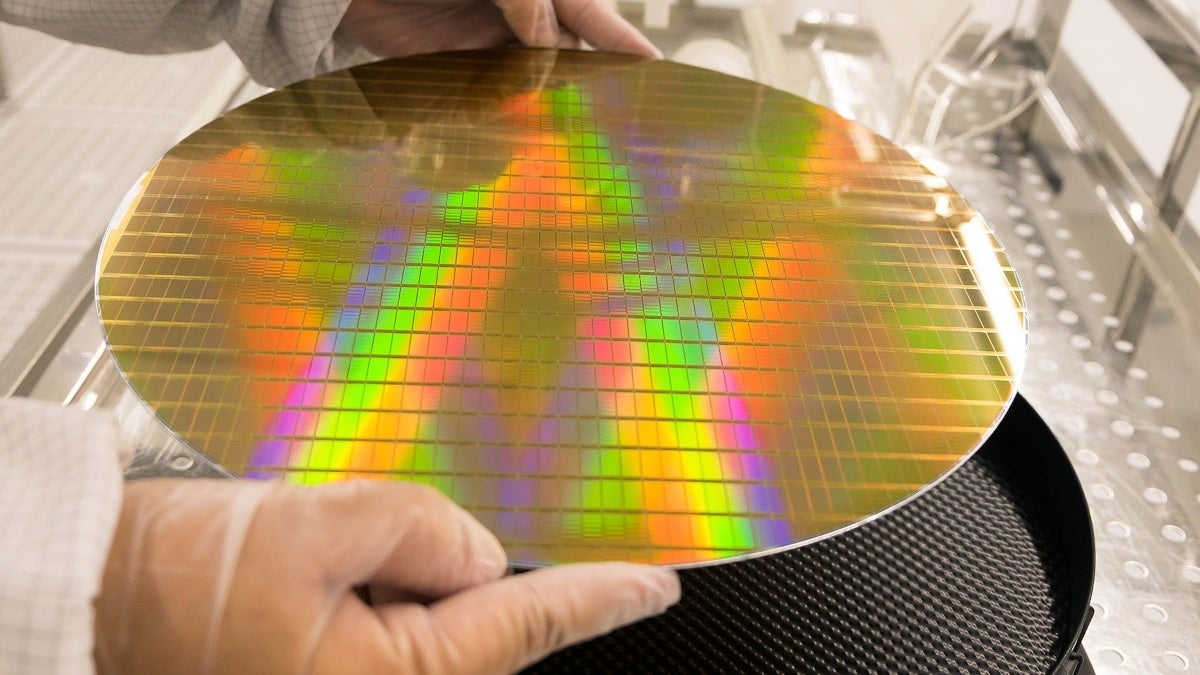TSMC wafer prices double from 7nm production to 3nm; what this means for you

Next year TSMC will start shipping 3nm chips to Apple for the iPhone 15 Pro and iPhone 15 Ultra. The A17 Bionic chip will be manufactured by the world's leading chip foundry using its cutting-edge process node. Simply put, the lower the process node number, the smaller are the transistors used in a chip allowing more to be shoehorned inside the component. And the more transistors inside a chip, the more powerful and energy-efficient it is.
For example, in 2019 Apple powered the iPhone 11 line with the 7nm A13 Bionic SoC that carried 8.5 billion transistors in each chip. In 2022, the iPhone 14 Pro and iPhone 14 Pro Max had the A16 Bionic chipset under their hoods. That component was made by TSMC using a 4nm process node (which actually was an enhanced 5nm node) and each chip contained close to 16 billion transistors.
TSMC wafer prices have more than doubled since 2018
As the industry moves forward from here, it is going to be harder and harder to continue the progressions that we've seen in the past. Both TSMC and rival Samsung Foundry have plans for 2nm chips starting in 2025. While TSMC has recently mentioned 1nm in discussing the future, Samsung earlier this year released a roadmap calling for a 1.4nm process node by 2027. And Intel claims that it will be competing with both TSMC and Samsung for process leadership by 2025.

As the process nodes have gone down, the prices for wafers have gone up
The future for the three foundries is exciting and frightening at the same time. It also could be quite a profitable future as DigiTimes reports that TSMC plans on charging more than $20,000 for 3nm wafers. When the foundry moved from 7nm to 5nm, wafer pricing rose 60% from $10,000/wafer to $16,000/wafer. The higher wafer prices will lead manufacturers, paying more for the chips that they need for their products to work, hiking prices that consumers pay for devices.
A wafer is a highly polished and thinly sliced semiconductor that serves as the base for chip production. Circuitry patterns are etched on each wafer using a lithography machine and conducting materials are added. Layer-by-layer, the chips are built on the wafer and are cut by a saw. A single 12-inch wafer can produce hundreds of chips depending on the yield. The yield is the percentage of the chips from a wafer that passes quality control.
Besides Apple, which is TSMC's biggest customer, other companies such as Qualcomm, MediaTek, and Intel reportedly have 3nm orders to be filled by TSMC next year and into 2024.
We have more news about TSMC's 3nm process node. The other day we passed along a report that said Apple and TSMC were discussing the possible move of the foundry's 3nm production to the U.S. where TSMC will be opening a facility in 2024. A report from Reuters says that this has been confirmed by TSMC founder Morris Chang on Monday. The facility, which is located in Arizona, is scheduled to start production of 5nm chips in two years.
TSMC founder Chang says building 3nm chips in the U.S. is phase two
Chang, 91 years old, says that plans have not been finalized for 3nm production in the states. But he says that phase one in Arizona will be the production of 5nm chips with 3nm production considered phase two. The U.S. fab will create 1,600 jobs and while helping more Americans find work in the tech industry is very good news, it also gives the U.S. hope that eventually American companies like Apple can reduce its reliance on TSMC's Taiwan-based facilities.
There is concern that China, another country like the U.S. that would like to be able to produce its own chips, could attack Taiwan and take control of TSMC's facilities. U.S. President Joe Biden recently said that U.S. forces would help defend Taiwan in case of a Chinese invasion. And TSMC isn't just a valuable cog in the tech world. It is also the most valuable publicly traded company in Asia.
Follow us on Google News













Things that are NOT allowed:
To help keep our community safe and free from spam, we apply temporary limits to newly created accounts: